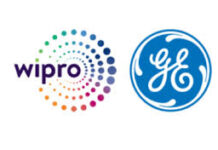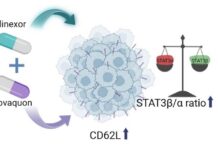The humanized monoclonal antibody targeting the pituitary adenylate cyclase-activating polypeptide (PACAP) ligand, Lu AG09222, has been shown to be more effective than a placebo in reducing migraine frequency over four weeks, as reported in the September 5 issue of The New England Journal of Medicine.
Dr. Messoud Ashina from Copenhagen University Hospital in Denmark and colleagues conducted a Phase II, double-blind trial involving adults who experienced migraines and had not benefited from two to four previous preventive treatments.
As reported by medicalxpress.com, the trial consisted of a four-week treatment phase and an eight-week follow-up period. Participants were randomly assigned to receive a single baseline infusion of either 750 mg of Lu AG09222, 100 mg of Lu AG09222, or a placebo, with 97, 46, and 94 individuals in each group, respectively.
The study found that, on average, participants experienced 16.7 migraine days per month. Over the first four weeks, the 750 mg Lu AG09222 group saw a reduction of 6.2 days, compared to a reduction of 4.2 days in the placebo group, resulting in a difference of 2.0 fewer days for the Lu AG09222 group.
During the 12-week observation period, adverse events such as COVID-19 (7% versus 3%), nasopharyngitis (7% versus 4%), and fatigue (5% versus 1%) occurred more frequently in the 750 mg Lu AG09222 group compared to the placebo group.
The authors concluded that this study provides proof of concept, indicating that inhibiting PACAP signaling with Lu AG09222 could be a promising approach for preventing migraines.
























